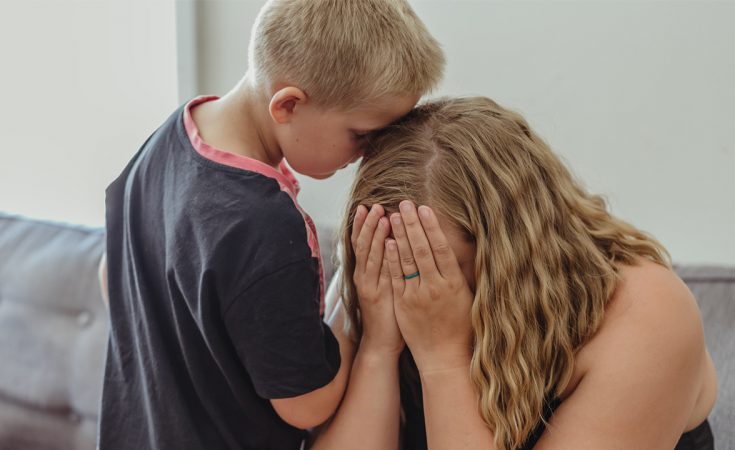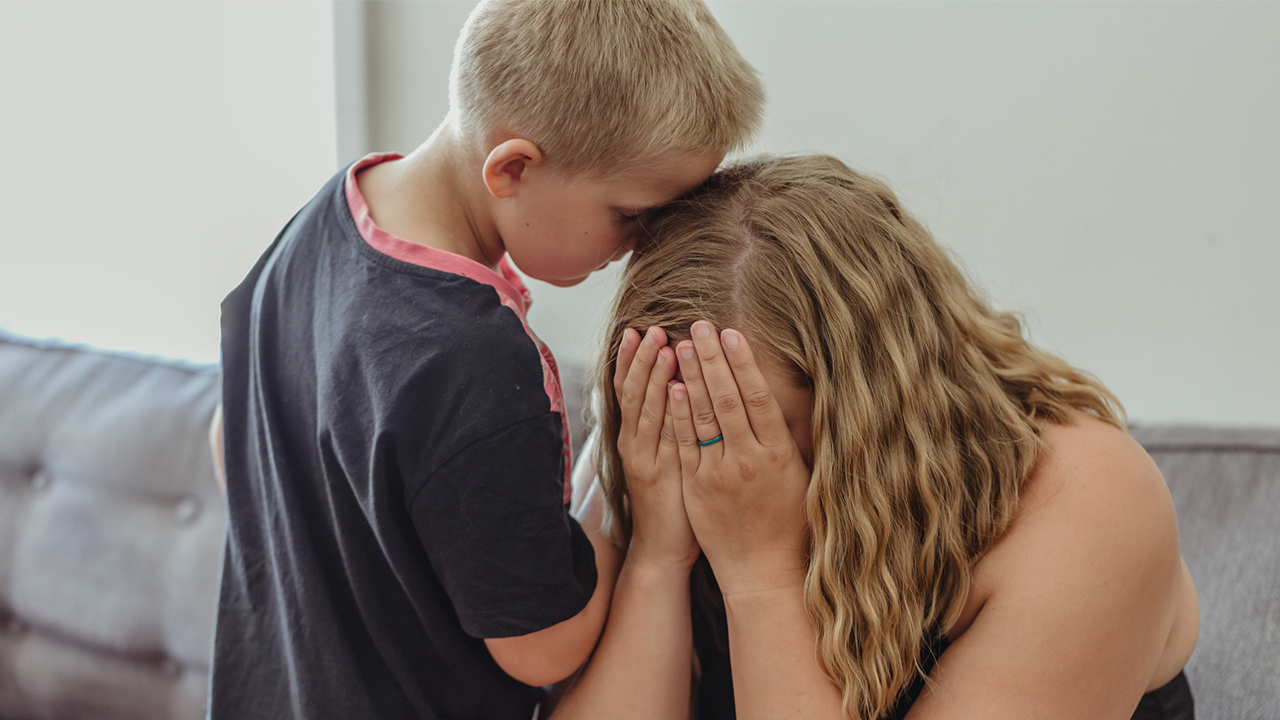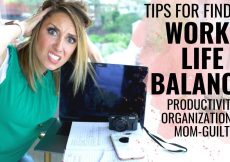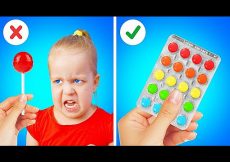I wish I’d done it sooner.
A few months ago, my eyes watering while I cut onions, my 6-year old asked me if I’ve ever cried. I answered yes, quickly changing the subject to a lighter topic, and carried on making dinner.
The truth is, crying and I have a complicated history. While I grew up in a loving, supportive family, we didn’t really share our emotions. I became the type of person who choked back my tears or only cried when alone. It’s not that I grew up being told I couldn’t cry but rather something inside me told me sad feelings shouldn’t be shown. Anger? No problem. But sadness should be kept to ourselves.
This reluctance to openly share my emotions continued into adulthood. A few years ago, when my husband called me from SickKids Hospital with what I thought would be news that my five-year-old was being released in time for Christmas but instead, the antibiotics for his perforated appendix didn’t work, he now needed surgery, and he would likely be in the hospital for Christmas—I didn’t cry. When my mom put her hand on my shoulder, instead of turning for a hug I swallowed the lump in my throat and walked away.
I never thought me hiding my emotions was a problem until this year when, after feeling entirely burned out and anxious from virtual schooling, entertaining our kids all the time since they couldn’t see their friends and my husband and I trying to juggle it all, I turned to therapy for myself and my eldest to better manage.
During my son’s first virtual therapy session, he was asked to describe how it feels when he’s happy and then how it feels when he’s angry. His response? “I feel the same for both.” I was shocked. How could he not know the difference? Anger and happiness are polar opposites. How could I have failed so much as a mom that my son couldn’t describe his emotions?
This led me to have a call with my therapist where I learned I wasn’t any better. I was great at saying what anger and happiness are, but I couldn’t describe how they made me feel.
I also learned that anger is a secondary emotion, meaning that we use it to cover up what we’re really feeling inside. Anger feels less vulnerable as it’s so widely accepted. It was a lightbulb moment. I was bottling up so many feelings that anger was all I had. Anger was my coping mechanism.
I realized I had to do a better job of recognizing and labeling my emotions, especially if I wanted to set an example for my kids.
Then, at the end of the last week of summer, I got my chance. My kids had a rough week at day camp partly due to minimal social contact throughout the summer and partly due to some challenges my kids have in social settings. They disliked being back in a structured environment with people they didn’t know, got bored and started to cause trouble. On the second last day, their counsellor insinuated the boys should stay home the following day. I was shocked. She shared some incidents that had happened at camp that week, incidents I was unaware of until this moment and while I didn’t condone their behaviour, I wasn’t OK in the manner the feedback was provided and in a public setting, no less. She also told me that “no one liked my kids” and it felt like a punch in the stomach.
I felt embarrassed, ashamed, angry and sad.
I put my boys in the car and asked them not to say a word. And then I cried the whole way home and went straight to my room. The camp head called me, and instead of avoiding the call because I was crying, I answered. We talked for 20 minutes, all between my sobs.
Instead of feeding my embarrassment, she provided me with compassion. She listened to me and let me cry. She empathized with me as a fellow mom about how hard life is on our kids right now. She also reassured me that my boys aren’t the only kids causing difficulties and that someone should have brought my sons’ behaviour to her attention earlier on so we could have dealt with it. I felt heard and understood.
I got off the phone feeling lighter and I went downstairs. I told my boys that while their behaviour was not OK and there would be consequences, I also told them I wanted them to know why I cried.
I said I cried because of how someone made me feel. After a tough year and a half due to COVID, this person made me feel like a horrible parent. I also cried because I felt defeated that people wouldn’t have more compassion for kids as they try to readjust to the social world and that for some kids, social skills aren’t as easy. That I wasn’t OK with how one of the counsellors handled the situation.
How did my boys react?
They hugged me and told me I was the best mom ever. They apologized for their behaviour and sat and cuddled with me. They got angry with the person who made me cry. They also understood their behaviour wasn’t OK and said they would end camp on a better note.
And they did.
As someone who never cried in front of people, I’ve now learned that bottling up our emotions is not only exhausting but it teaches our kids to do the same. I’ve also entered a whole new space with my sons where they now come to me and open up about their emotions, something I hope continues as they grow. I continue doing therapy for myself and my son and want them to know that it’s never something to be embarrassed about. We all need some help sometimes.
So, while I waited until my boys were 6 and 8 to cry in front of them, I still did it, and I’ll continue to do it. Crying is vulnerable, but I now know it’s essential to teach our kids what emotions are and how they feel. Something I continue to work on every day.



































